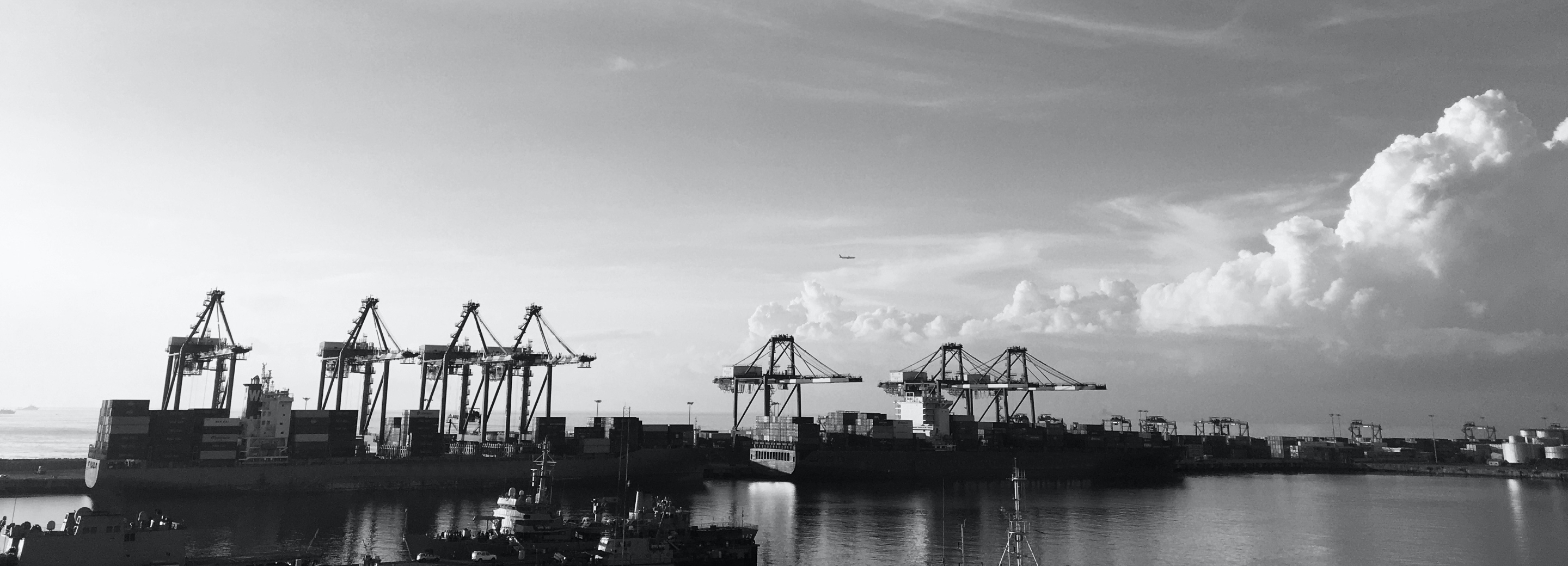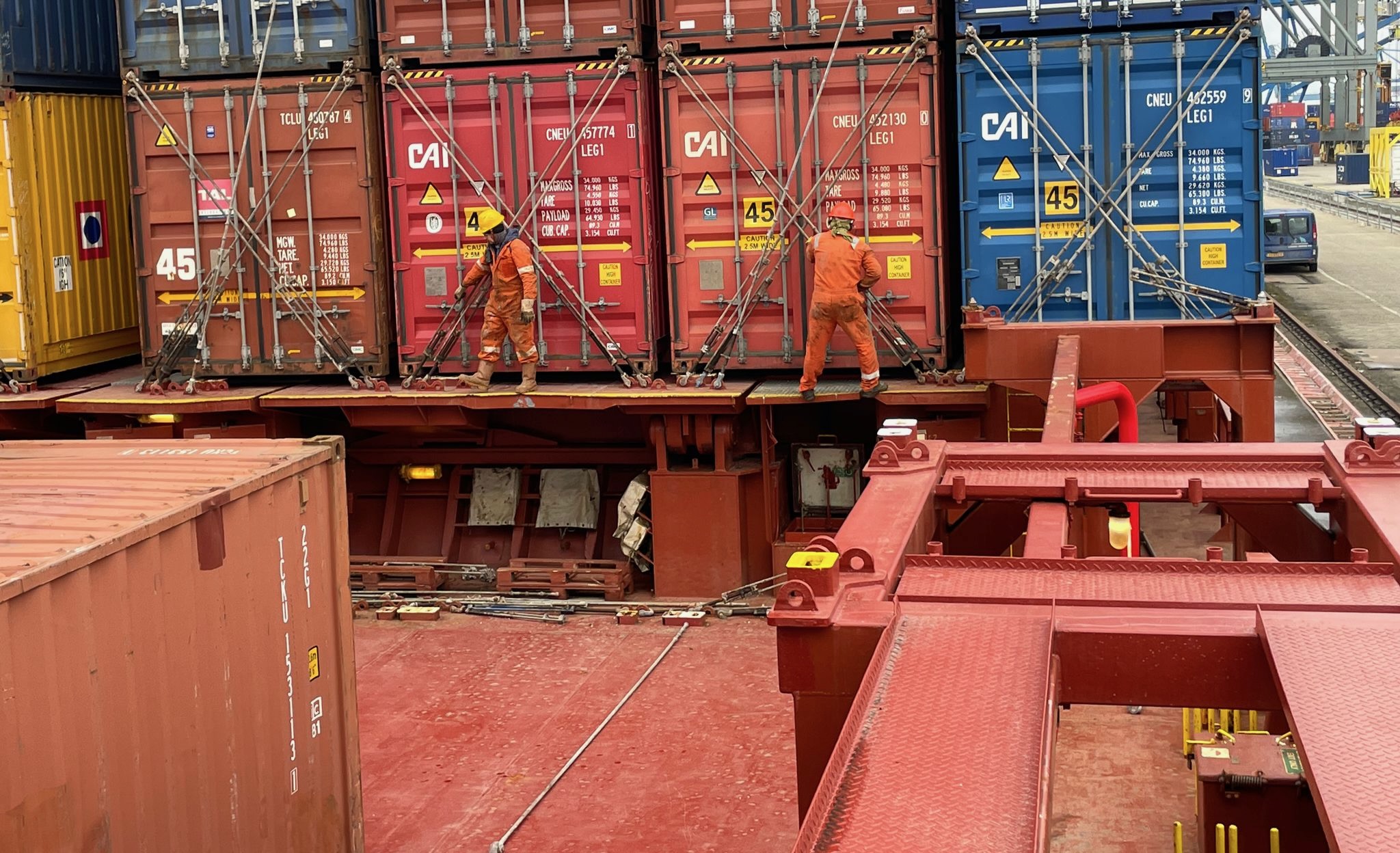
The maritime industry, a backbone of global trade, relies on the hard work of seafarers who navigate the world's oceans, ensuring goods are delivered efficiently. However, the demanding nature of this job often results in long hours, physical strain, and extended periods away from home, leading to significant fatigue.
A critical issue that has emerged in recent years is the practice of requiring seafarers to perform additional tasks, such as lashing and unlashing cargo. This practice not only exacerbates fatigue but also raises serious safety concerns.
The Non-Seafarers Work Clause: Protecting Seafarers
To address this concern, the International Transport Workers' Federation (ITF) has, together with the Joint Negotiating Group (JNG), representing maritime employers, agreed to the Non-Seafarers’ Work Clause.
This clause mandates that tasks like lashing and unlashing cargo should be performed by trained and qualified dockworkers, not by seafarers. The primary goal of this clause is to safeguard seafarers from the additional physical burden of cargo handling, thereby reducing fatigue and preventing accidents on board.
Why Lashing and Unlashing Should Be Left to Dockers
Lashing and unlashing cargo are labour-intensive tasks that require specific skills to be performed safely.
When seafarers are required to take on these duties, it adds to their already heavy workload, leading to increased fatigue. This fatigue can have severe consequences, including reduced alertness, slower reaction times, and a higher likelihood of accidents that endanger both the crew and the vessel.
Dockworkers, who are specifically trained for these tasks, are equipped to handle them efficiently and safely. By allowing dockworkers to manage lashing and unlashing, seafarers can focus on their primary responsibilities, thus enhancing overall safety.
Unifeeder’s Compliance with the ITF Clause: A Model for Safety
Unifeeder, a leading European feeder and shortsea operator, has taken significant steps to comply with the Non-Seafarers’ Work Clause by hiring local lashers. This approach reflects Unifeeder's commitment to improving safety and working conditions on their vessels.
By adhering to the clause, Unifeeder not only protects its seafarers from additional strain but also aligns with international safety standards. This proactive stance demonstrates a commitment to the well-being of their crew, setting a positive example for the rest of the industry.
X-Press Feeders: Starting to Comply
In contrast, other operators have not been as forthcoming as Unifeeder.
X-Press Feeders only recently started hiring local lashers. The safety aspects on some of its feeders still require attention to allow for cargo handling by local lashers at all container positions of the vessel.
The ITF encourages X-Press Feeders to become fully compliant and committed to the Non-Seafarers' Work Clause.
BG Freight Line: A Money-over-Safety Approach
BG Freight Line has not embraced the practice of hiring local lashers. Instead, BG Freight Line continues to assign lashing and unlashing duties to their seafarers to reduce costs.
This practice not only contradicts the Non-Seafarers’ Work Clause, but it also poses risks to the safety and efficiency of BG Freight Line’s operations and thereby endangers the seafarers and the environment.
Companies that choose to refrain from hiring qualified, local lashers undermine the unified industry standard serving seafarers’ wellbeing.
Prioritising Seafarer Safety and Wellbeing
As the industry continues to evolve, it is imperative that all stakeholders prioritise the safety and wellbeing of seafarers.
By adhering to the Non-Seafarers’ Work Clause and hiring local dockworkers for tasks like lashing and unlashing, companies can help create a safer, more efficient, and more sustainable maritime industry for all.
